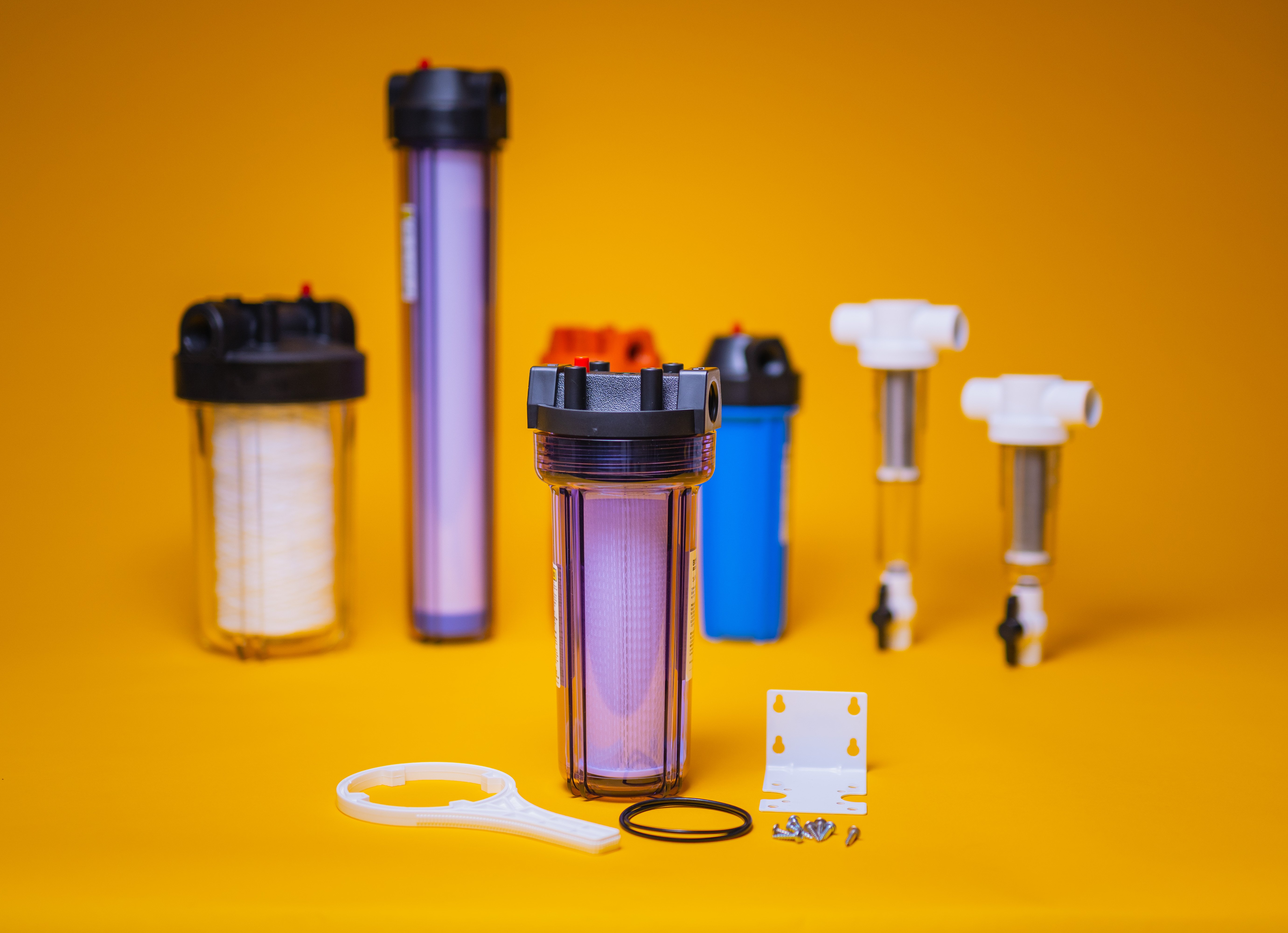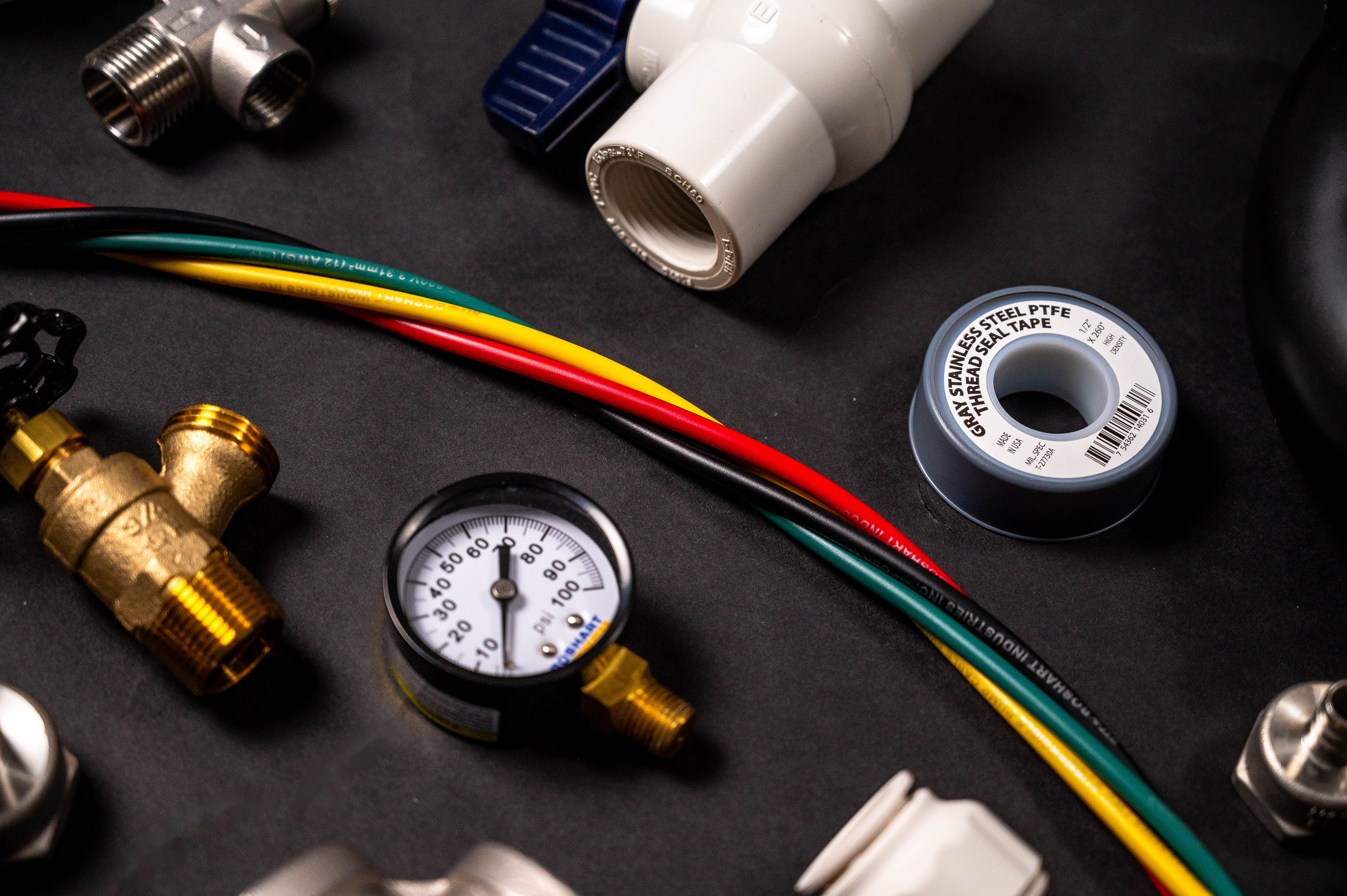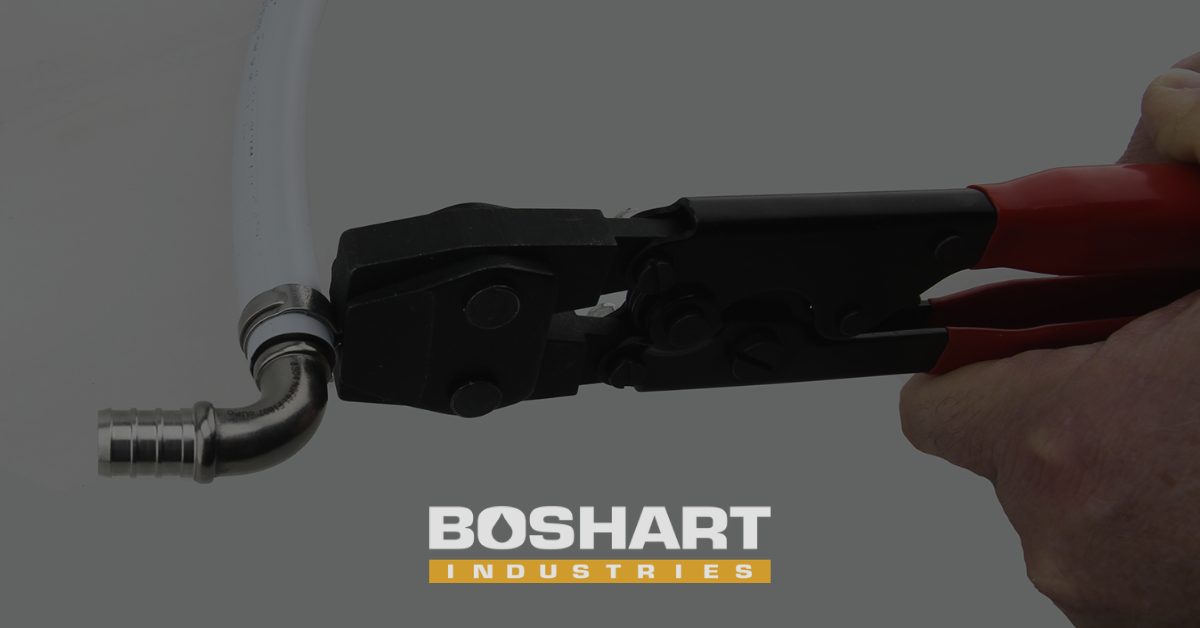Certifications are a big part of many Plumbing products. Whether it is a No-Lead certification (NSF 372) or one of the many others, they are a vital part the product. We find that most of the time certain people pay more attention to certifications than others. This is a very important gap to close, as this can cause non-certified products getting into places they were never meant to go.
In this blog, we are going to address 3 reasons why you should pay more attention to Plumbing Product Certifications.
1. Liability
Whether you are a contractor, engineer, or distributor, we all carry liability for the products we promote and sell. This is especially true when we are talking about providing products that carry potable water. The products you choose to sell, or use should have certifications to back up the product application. For example, many states and provinces have instituted a “No-Lead” policy. If you are looking to purchase Ball Valves for example, you want to be certain that they actually have the NSF No-Lead certification listed.
Some companies will try and sell products that are ”No-Lead” but may not have the proper certifications. Ensure that you not only know the features you need, but also what certifications should back that up.
2. Overall Product Quality
Finding products that have legitimate certifications, speaks to the overall quality of the manufacturer and ultimately their product quality in my opinion. It takes a lot of work, time, and money to get many of these certifications. When you are purchasing products with certifications, you can be confident in the quality of the product.
Now, some certifications are easier to achieve than others. Make sure that you do your research to understand what specific ones you should be looking for and what certifications are more difficult to achieve than others.
3. Peace of Mind
When plumbing products have been certified, you have a governing body that is standing behind that product, as well as the manufacturer. You can be confident that the products you are installing or selling are going to do what they say they'll do. Yes, you can save a few bucks by purchasing a less legitimate part, but at the end of the day, you don’t want to be worrying about if that install is ever going to come back and bite you.
Yes, there is always a cheaper option, but as you educate your customers on the importance of using the right products with the right certifications, the conversation about price goes away pretty fast.
At the end of the day, it is better to be safe than sorry. We have all of these certifications to ensure that the products being installed are safe and appropriate for the application. Yes, it increases the cost, but it also increasing the overall quality and provides peace of mind.
Below are some of the most common certification bodies that you will come across. For more information, click on the links below.
ANSI (American National Standards Institute) www.ansi.org
Helping to assure the safety and health of consumers and the protection of the environment.
ASME (American Society of Mechanical Engineers) www.asme.org
Committed to public safety and quality.
ASPE (The American Society of Plumbing Engineers) www.aspe.org
Dedicated to protecting the health of people around the world through the delivery of safe, sustainable drinking water and sanitation systems.
ASTM (American Society for Testing & Materials) www.astm.org
Promote focus on public health and safety.
CSA® (Canadian Standards Association) www.csa.ca
Demonstrates that a product has been rigorously tested to applicable standards. These include standards written or administered by the American National Standards Institute (ANSI), Underwriters Laboratories (UL), CSA Group (CSA), NSF International (NSF), and other North American and global organizations.
Resources - Certification Marks: https://www.csagroup.org/testing-certification/marks-labels/
EPA (United States Environmental Protection Agency) www.epa.gov
To protect human health and the environment.
FM® (Factory Mutual Insurance Company) www.fmglobal.com
Sets standards of excellence and certifies products and services for companies worldwide. When you see a product or service with the FM APPROVED mark, you’ll know it meets their high property loss prevention product testing and certification standards.
IAPMO® (International Association of Plumbing and Mechanical Officials) www.iapmo.org
Public Health, Safety and Welfare, to develop uniform codes by testing and certifying plumbing and mechanical products.
Resources - Marks of Conformity: http://www.iapmort.org/Pages/MarksofConformity.aspx
NSF® (National Sanitation Foundation) www.nsf.org
Provides an extensive range of services for the drinking water industry (water, pool/spas, plumbing, plastics and water waste) to help ensure the quality and safety of products in the marketplace.
Resources - Lead Content Compliance: http://www.nsf.org/info/lowlead
ASTM xxxx Industry standard to which the product is certified is typically to the right of or directly beneath the NSF mark.
42: Chlorine, taste, odor and particulates.
53: Cryptosporidium, lead, volatile organic chemicals (VOC), and asbestos.
61: Evaluates all potential contaminants from drinking water products
372: Evaluates products for a weighted average lead content of ≤0.25%
UL® (Underwriters Laboratories) www.ul.com
Solve critical challenges and help innovators around the world to discover new possibilities and deliver what matters - safety, quality, sustainability, and confidence.
Resources - Certification Marks and UL Badges: http://ul.com/corporate/marks/
Have further questions about this subject?

Head over to Boshart's Knowledge Base: technical product information, guidelines, and more.





SHARE